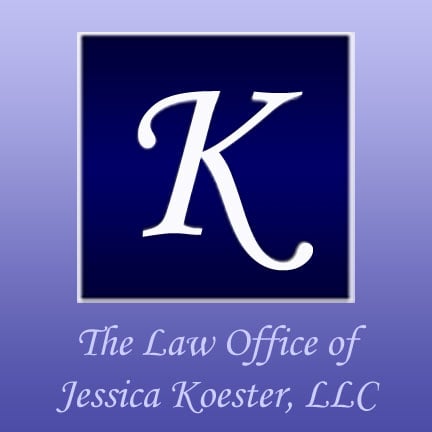Health care fraud is an ongoing concern in Illinois and the U.S. Unnecessary medical procedures, kickbacks and other problems are investigated every year by the health care industry. The following are common examples of health care fraud.
Kickbacks
A kickback is an illicit payment made in exchange for health care services. Doctors may receive kickbacks in the form of money or gifts if they make referrals to certain medical facilities. However, this practice interferes with the doctor’s good judgement in referring a patient to a facility based on quality and not cost.
Medically unnecessary services
Medically unnecessary services include procedures, medications and treatments that do not treat any significant health problem. The medical provider makes it seem that the service is necessary to coerce the patient into paying the cost.
Inaccurate prescription charges for Medicare and Medicaid patients
Some pharmacies are accused of overcharging Medicare and Medicaid patients for their prescription drugs. They use the federal government programs to charge the full costs of medications when patients should receive discounts.
Unbundling
Health care fraud is common in the subfield of medical coding. Unbundling is the use of separate codes to charge for the same medical procedure instead of using the bundled codes. The bundled code must be used since it charges less money to the patient and insurance provider.
The effects of fraud
Making costly mistakes is common among all types of medical providers. A single billing mistake could cost thousands of dollars extra in charges to a medical facility, which is why facilities focus on training their providers to prevent and detect all forms of fraud.

